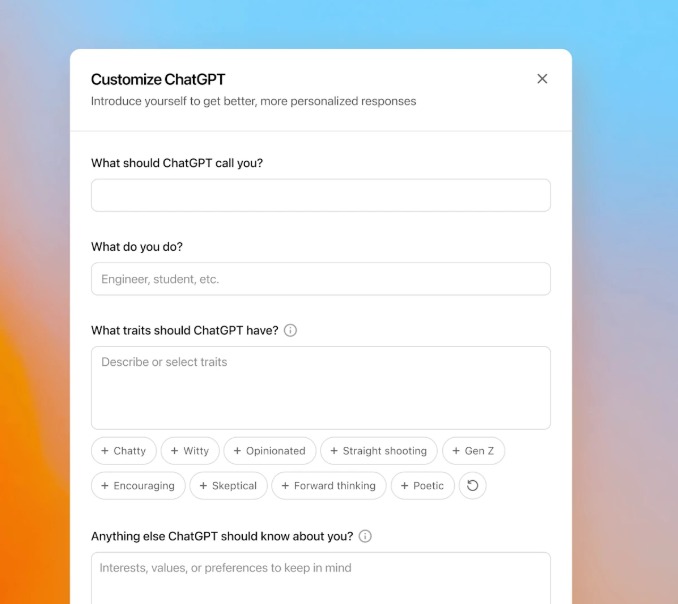Source: Ngozi Chukwu/ Techcabal
Despite decreasing VC interest in growth-stage startups, 5-year-old Kenyan BNPL firm LipaLater says it is not crowdfunding $1.2 million for the money.
Kenyan BNPL company LipaLater is crowdfunding $1.2 million at a $30,000,000 valuation months after acquiring Kenyan online marketplace SKY.Garden, which was going to shut down due to a failed funding round. The startup is accepting investments as low as $100 on the crowdfunding platform Republic. So far, it has raised $27,228 from 29 investors.
However, the company says it is not crowdfunding out of necessity. Eric Muli, the founder and CEO of LipaLater, told TechCabal, “[To date, we have raised $25 million in a mix of debt and equity, and] we recently raised a significant amount of debt investment; we have adequate funding. This public crowdfund is to raise equity investments to improve our debt-to-equity ratio.” Companies in the banking sector typically have a high debt-to-equity ratio, but they try to make sure that their ratio does not significantly exceed those of others in their industry, as then they look risky to investors.
Declining to comment on the new investment the company has received, Muli acknowledged that VC interest in growth and late-stage companies has been dipping since last year. The company itself acquired e-commerce platform, Sky.Garden when it was on the verge of closure due to a failed funding round. But Muli, who claims that LipaLater is profitable, insists that the startup’s investors are very optimistic about its trajectory. “A lot of investors have been burned by their investments in companies with inflated valuations, and consequently, they are coming down hard on other startups. However, we have priced our fundraisers very conservatively from the start, so that has not been a problem for us,” he said on a call with TechCabal. He declined to disclose the valuation at which the company previously raised from investors like Founders Factory, Platform Capital, Lateral Frontiers, Cauris Finance, GreenHouse Capital, Musha Ventures, SOSV, and others.
Muli also said that the company is taking the crowd-funding route because it promises to be an easy way to achieve the goal. “Some friends have raised on the Republic successfully, and that is why we opted for it,” he explained. An East African Cleantech company, Mpower, which had previously raised $1 million in a seed round, is also crowdfunding on Republic. Months ago, MarketForce, a Kenyan e-commerce platform, announced that it was raising $1 million via crowdfunding platform WeFunder. Recently, AltSchool Africa, an edtech startup, announced that it was accepting investments as low as $500 from the public in exchange for equity in the edtech. As VC deals continue to shrink, we may see more startups explore alternative fundraising paths such as crowdfunding.







